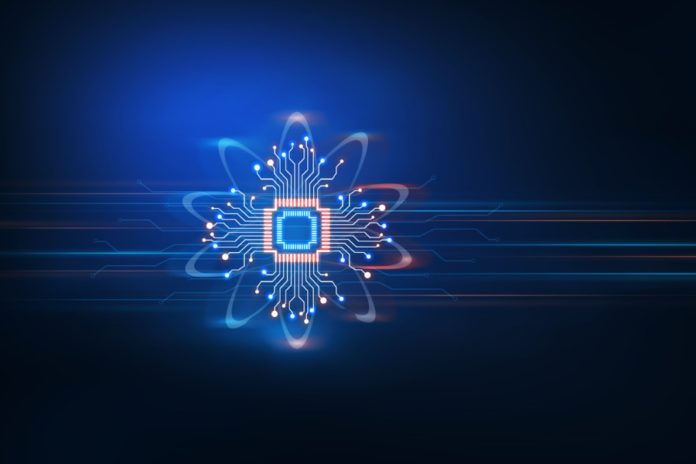
Microsoft is incorporating technology from AI lab OpenAI into its Bing search engine, a move that’s widely expected to reenergize the company’s search competition with Google. Ready for the battle – or at least acting like it is – Google plans to soon detail a new approach to search that allows its solutions to respond to complex queries with results that are more direct and detailed.
Some 10 billion search queries are entered each day, although Microsoft estimates that half of them go unanswered. That’s because people are using search to do things it wasn’t originally designed to do, the company said. The technology is “great for finding a website,” but not so great when it comes to handling more complex queries or instructions.
Over the last several months, the momentum of next-generation AI has been notable. OpenAI launched its ChatGPT in November, and since then the technology’s use has grown day-by-day, both in a “what’s this mean for AI tools?” sense and a “what’s this mean for my industry?” sense.
Google, which has been moved neatly to AI’s back seat by Microsoft’s news, plans to release details on its own application, dubbed Bard, almost immediately. The Wall Street Journal calls the incorporation of AI into its search engine “[the] latest counteroffensive in a tit-for-tat AI battle.”
The Journal says this is all a part of a “fast-spreading AI war” over what’s called generative AI, shorthand for artificial intelligence that actually creates content in response to user queries.
AI and HR
HR departments aren’t strangers to the concept of AI. While it’s difficult to pinpoint when the two began aligning, eWeek notes that artificial intelligence “exploded” in the tech industry “in the 2000s and 2010s.”
To date, AI in HR has proved most useful in areas that benefit from some sort of automation or categorization. Screening resumes, for example, or improving employee surveys. There’s also video analysis of interviews or workforce scheduling. But already, HR’s pundits are considering how this new generation of AI might be put to use recruiting and managing employees. Tasks related to writing job postings and job descriptions get mentioned, as do some service delivery roles.
Of course, we’re in the hype cycle right now, where phrases such as “it’s going to turn the work world on its head” and “transform work as we know it” are often heard. It feels something like the data revolution of the 2010s, just faster and louder.
Image: iStock













